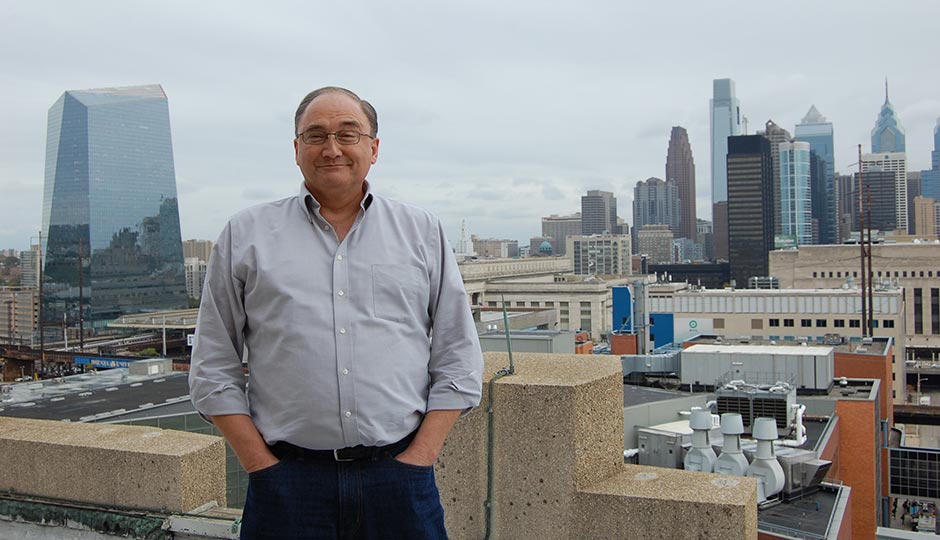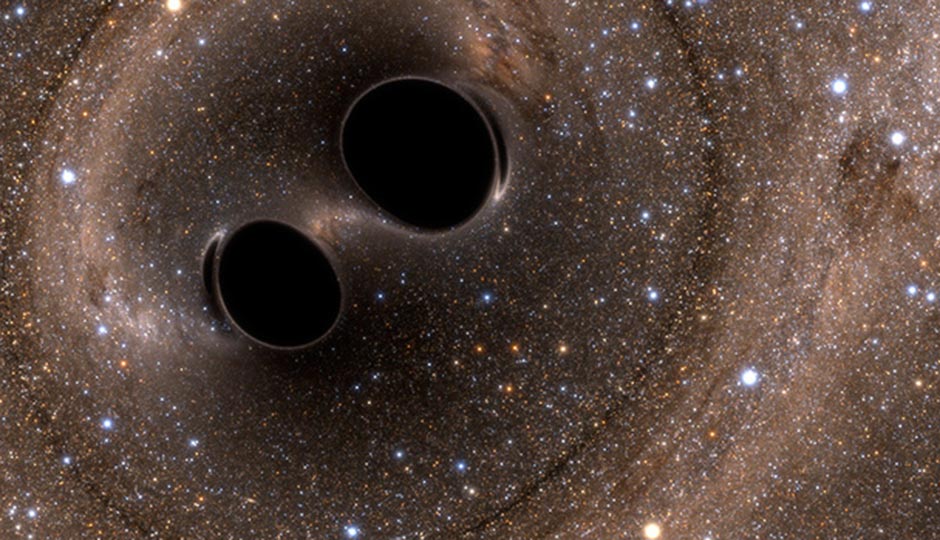Without This Drexel Prof, Those Gravitational Waves Confirming Einstein’s Theory Might Not Have Been Found

Photo | Drexel University
Remember a few weeks back when everybody was all excited about the discovery of gravitational waves from black holes and the New York Times called the recordings of the waves “one of the great sound bites of science” and you were all like, “Woah, that’s so cool. I wonder what they’re talking about?” You should have asked Drexel physics professor Stephen McMillan, because without him, those gravitational waves might never have been found.
Turns out that back in 2000, when the Laser Interferometer Gravitational-Wave Observatory (affectionately known as LIGO 1) was just getting off the ground in Washington state and Louisiana, McMillan published a paper, coauthored with a scientist then at Boston U., that laid out a game plan for “calculating how many black hole binaries could be created and scaling that number up to the galaxy and universe levels,” according to a story on the DrexelNow website (because you don’t think we could explain this stuff, do you?):
“Back in 2000, the gravity wave community were pretty desperate for something they’d be able to observe. We wrote this paper when the LIGO people were grasping at straws,” McMillan recalled. “We looked at neutron star mergers and black hole mergers, which are most likely to occur in star clusters. We developed the procedure to make estimates for scale. We put together the methodology that a lot of other papers used.”
The paper, McMillan explained, was strictly speculative; he was just trying to “improve our understanding” of black holes. But his work pointed LIGO scientists in the right direction to search for and record the waves, which confirmed the last remaining piece of Einstein’s general theory of relativity. McMillan’s paper was cited in the paper LIGO put out to confirm its discovery of the waves, and the way we look at our universe changed. All of which is pretty cool, even if we’re still not entirely sure what black holes are. Luckily, we have McMillan and Drexel to think about that.
Follow @SandyHingston on Twitter.



